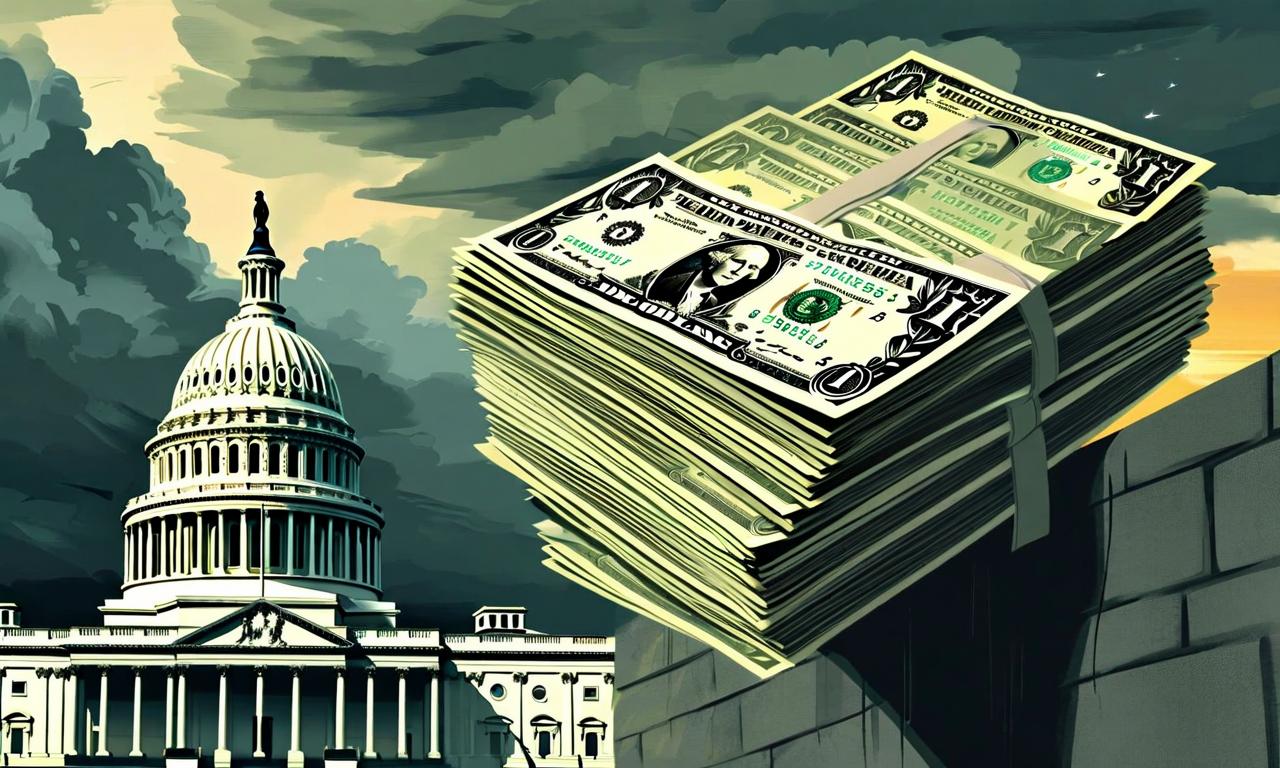Ireda Launches QIP Share Issue with Floor Price of ₹173.83
Indian Renewable Energy Development Agency (Ireda) has announced a Qualified Institutional Placement (QIP) of shares with a floor price set at ₹173.83 per share. This state-owned company, which finances renewable energy projects in India, aims to raise capital from qualified institutional buyers. The funds could be used to expand lending capacity, improve capital adequacy ratio, and support growth in the renewable energy sector. The final issue price may vary based on market conditions and investor demand.

*this image is generated using AI for illustrative purposes only.
Indian Renewable Energy Development Agency (Ireda) has announced the launch of a Qualified Institutional Placement (QIP) of shares, setting the stage for a significant capital raising initiative. The state-owned company, which plays a crucial role in financing renewable energy projects in India, has set the floor price for the issue at ₹173.83 per share.
QIP Details
The Qualified Institutional Placement is a mechanism that allows listed companies to raise capital from qualified institutional buyers (QIBs). By setting the floor price at ₹173.83, Ireda has established the minimum price at which it is willing to sell its shares to institutional investors through this placement.
Implications for Ireda
This move by Ireda to initiate a QIP suggests that the company is looking to strengthen its capital base. The additional funds raised through this placement could potentially be used to:
- Expand its lending capacity for renewable energy projects
- Improve its capital adequacy ratio
- Fund its growth plans in the rapidly evolving renewable energy sector
Market Context
The announcement of this QIP comes at a time when India is pushing aggressively for renewable energy adoption. As a key player in financing green energy projects, Ireda's capital raising efforts could have significant implications for the country's renewable energy landscape.
Investors and market watchers will be keenly observing the response to this QIP, as it could indicate the market's confidence in both Ireda and the broader renewable energy sector in India.
It's important to note that the final issue price may be determined based on various factors, including market conditions and investor demand, and could be at or above the announced floor price of ₹173.83 per share.
Stakeholders and potential investors are advised to keep an eye on further announcements from Ireda regarding the progress and outcome of this QIP issue.













































